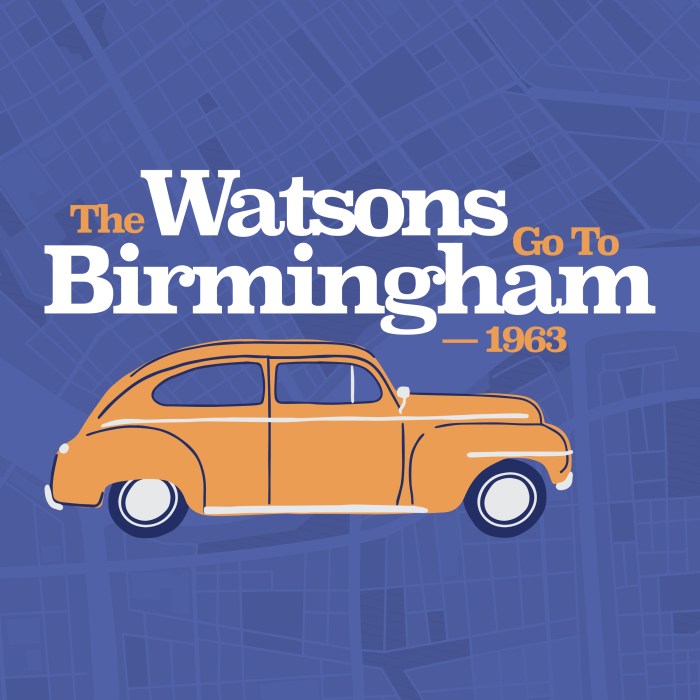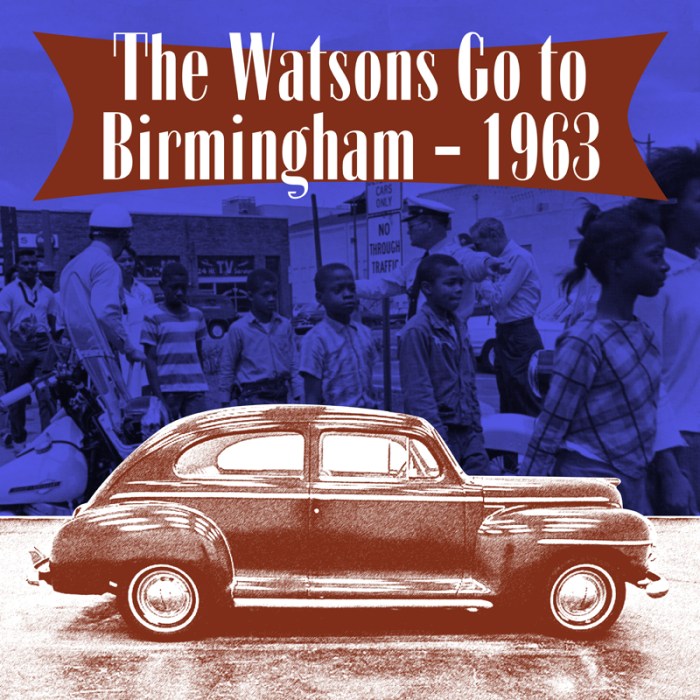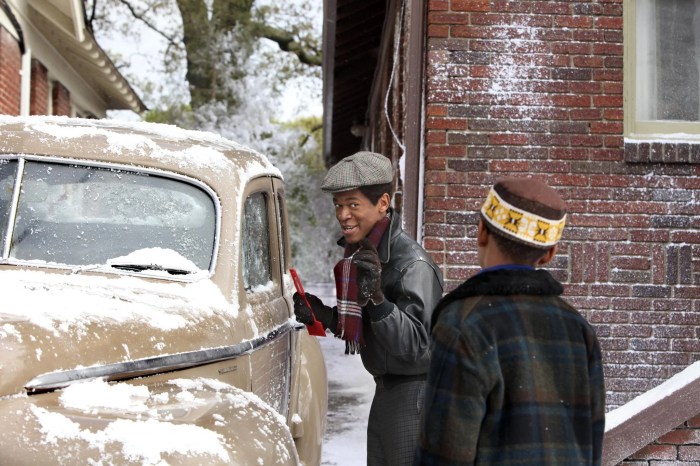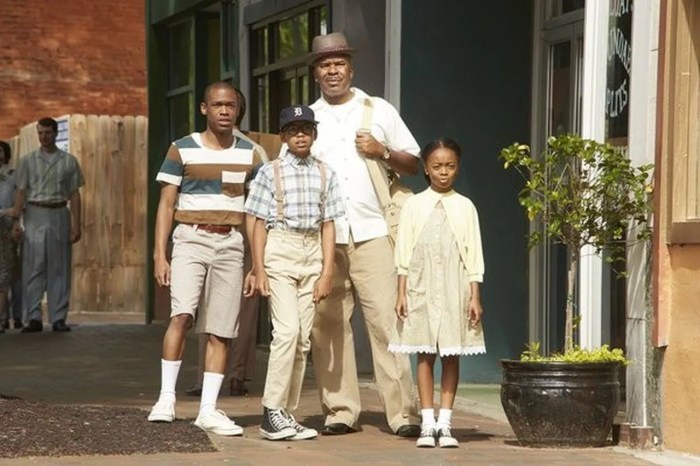Brown Bomber Watsons Go to Birmingham chronicles the impactful visit of Joe Louis, the renowned boxer known as the “Brown Bomber,” to Birmingham, Alabama, in 1951. This visit, initiated by an invitation from Charles Watson, served as a catalyst for examining racial tensions and fostering dialogue in the deeply segregated South.
Louis’ presence in Birmingham sparked both curiosity and unease among the local populace, reflecting the complexities of race relations during that era. His interactions with the community, ranging from meeting with prominent figures to engaging with ordinary citizens, provided a platform for addressing the pressing issues of the time.
Historical Context

The nickname “Brown Bomber” for Joe Louis originated in the 1930s, reflecting both his dark skin tone and his formidable boxing prowess. During this era, the United States was grappling with significant racial tensions, with segregation and discrimination prevalent in many aspects of society, including sports.
Louis’s success as a boxer and his dignified demeanor challenged prevailing racial stereotypes and inspired hope and pride among African Americans. His fights became symbols of resistance and empowerment, drawing large crowds and captivating the nation’s attention.
Watson’s Invitation
In 1947, Charles Watson, a white businessman and boxing enthusiast from Birmingham, Alabama, invited Joe Louis to visit the city. Watson’s motivation was twofold: to promote interracial harmony and to capitalize on Louis’s popularity to boost the city’s economy.
Louis initially hesitated, wary of the potential backlash from white supremacists in Birmingham. However, after receiving assurances from Watson and other local leaders, he agreed to the invitation, seeing it as an opportunity to challenge racial barriers and foster understanding.
The Visit
Joe Louis arrived in Birmingham on April 23, 1947, to a tumultuous reception. White residents, many of whom had never seen a black man of Louis’s stature, were divided in their reactions, with some welcoming him and others expressing hostility.
In contrast, the African American community greeted Louis with overwhelming enthusiasm, seeing his presence as a symbol of progress and a challenge to the prevailing racial order. Louis spent several days in Birmingham, attending receptions, visiting schools and churches, and meeting with local leaders.
Impact and Legacy
Joe Louis’s visit to Birmingham had a profound impact on race relations in the city and beyond. His interactions with white and black residents, as well as his dignified and respectful demeanor, helped to break down stereotypes and promote understanding.
Louis’s visit also inspired the creation of the Joe Louis Milk Fund, which provided free milk to underprivileged children in Birmingham, regardless of race. This initiative became a symbol of interracial cooperation and the legacy of Louis’s visit continues to resonate in the city today.
Cultural Representation, Brown bomber watsons go to birmingham
Joe Louis’s visit to Birmingham has been depicted in various forms of cultural representation, including literature, film, and music. These representations have played a significant role in shaping the public’s understanding of the event and its significance.
Notable examples include the 1948 novel “The Brown Bomber” by Chester Himes, which fictionalizes Louis’s visit and explores the racial tensions of the time. The 1953 film “Joe Louis: The Brown Bomber” also depicts Louis’s visit, focusing on his impact on race relations.
Essential Questionnaire: Brown Bomber Watsons Go To Birmingham
What was the significance of Joe Louis’ nickname, “Brown Bomber”?
The nickname “Brown Bomber” symbolized Louis’ formidable boxing skills and his status as a symbol of strength and pride for African Americans.
Why was Joe Louis’ visit to Birmingham controversial?
Louis’ visit challenged the deeply entrenched racial segregation in Birmingham, sparking both support and resistance from the community.
What was the impact of Louis’ visit on race relations in Birmingham?
Louis’ visit opened up a dialogue about race and equality, helping to break down barriers and foster understanding.


